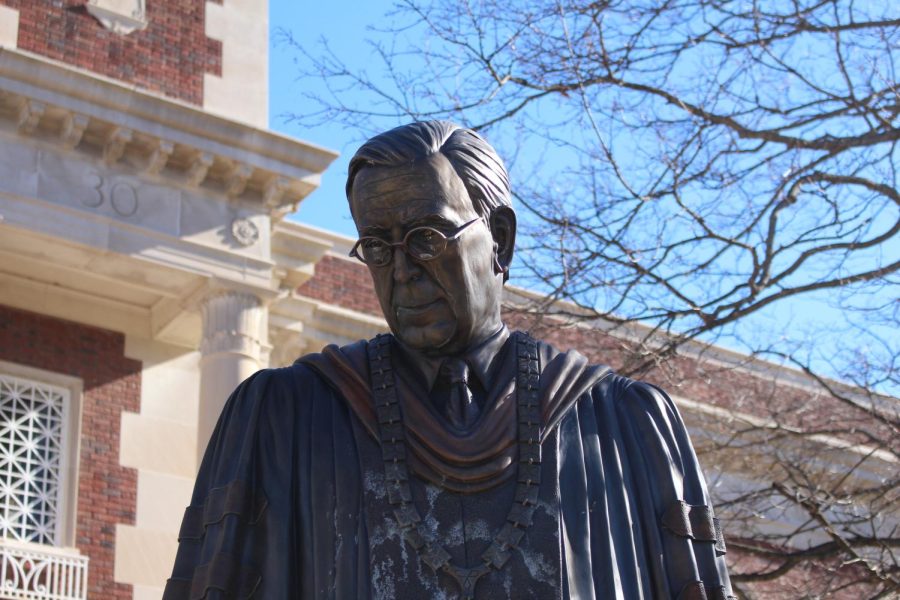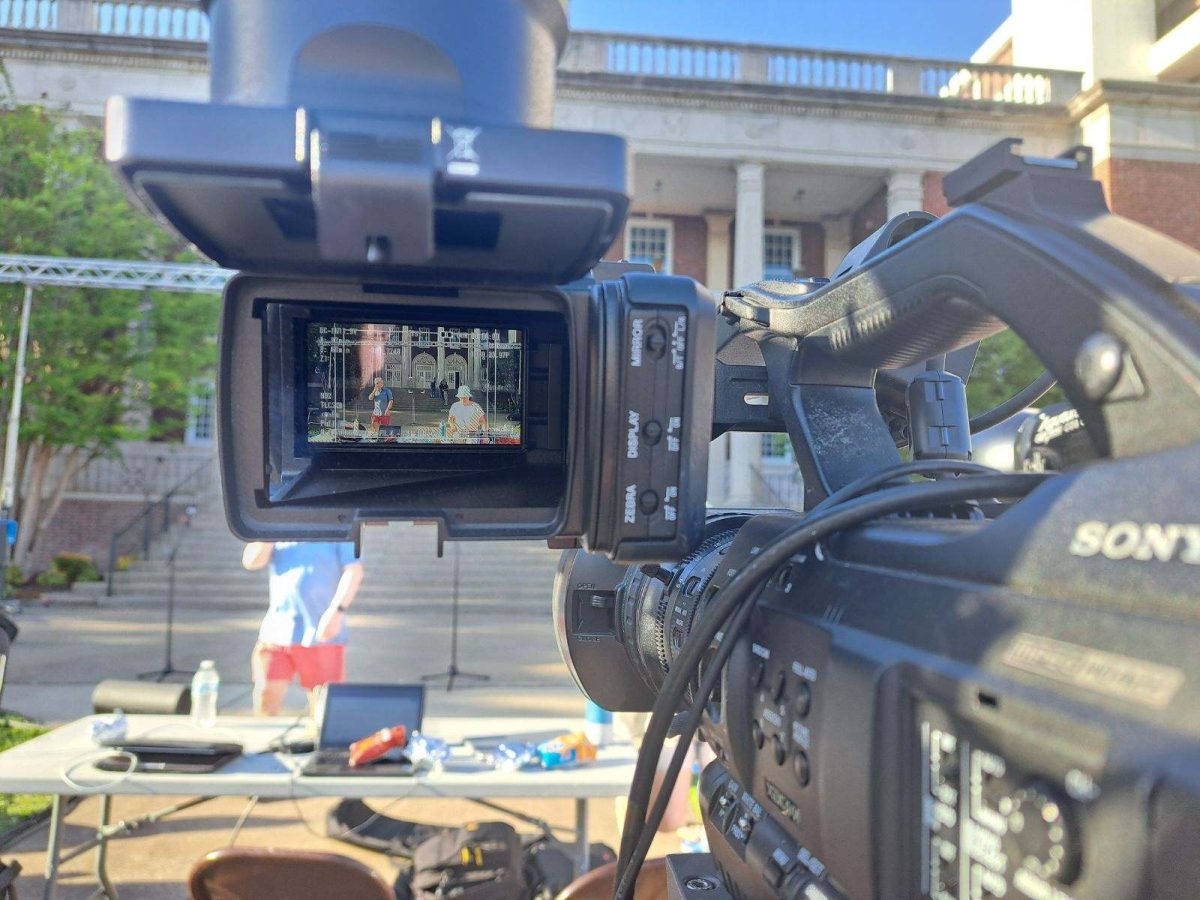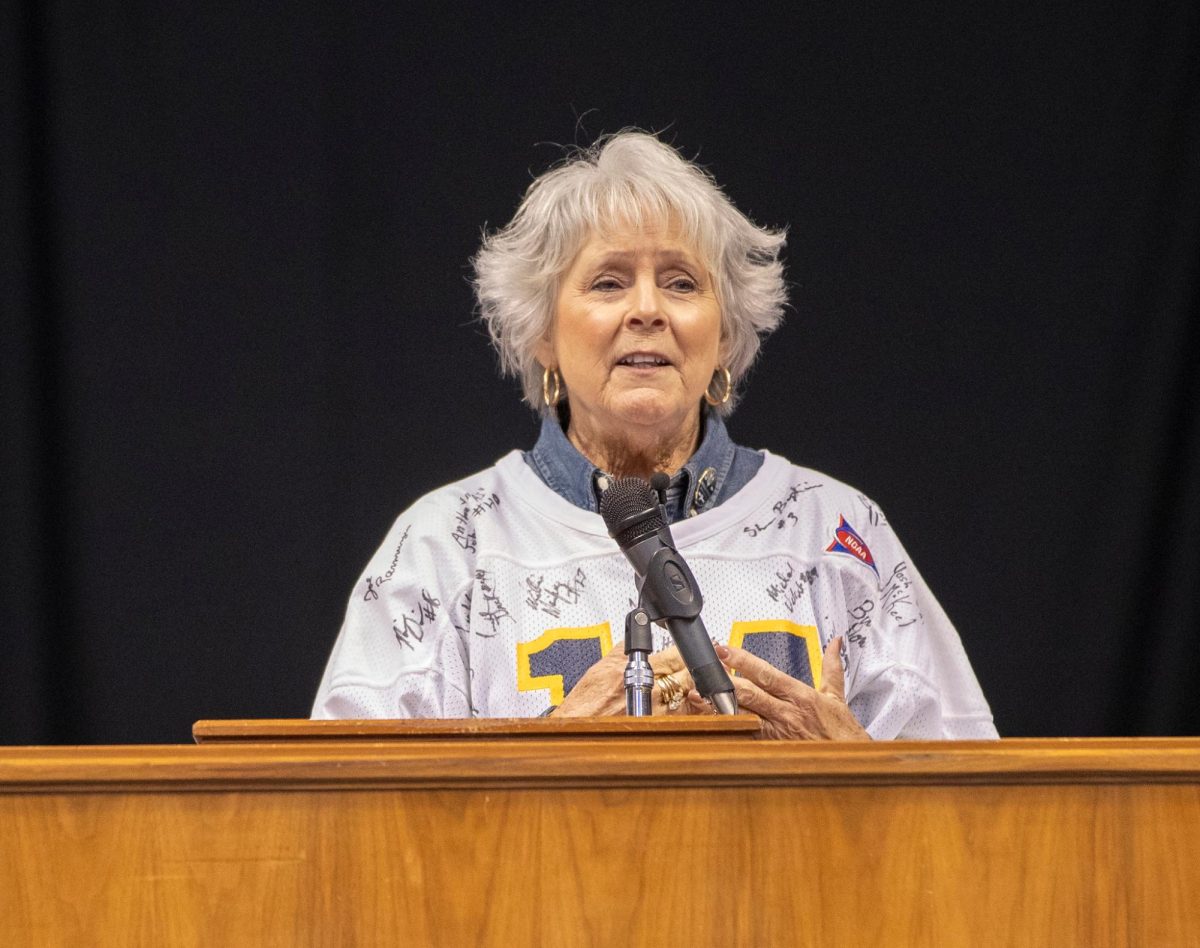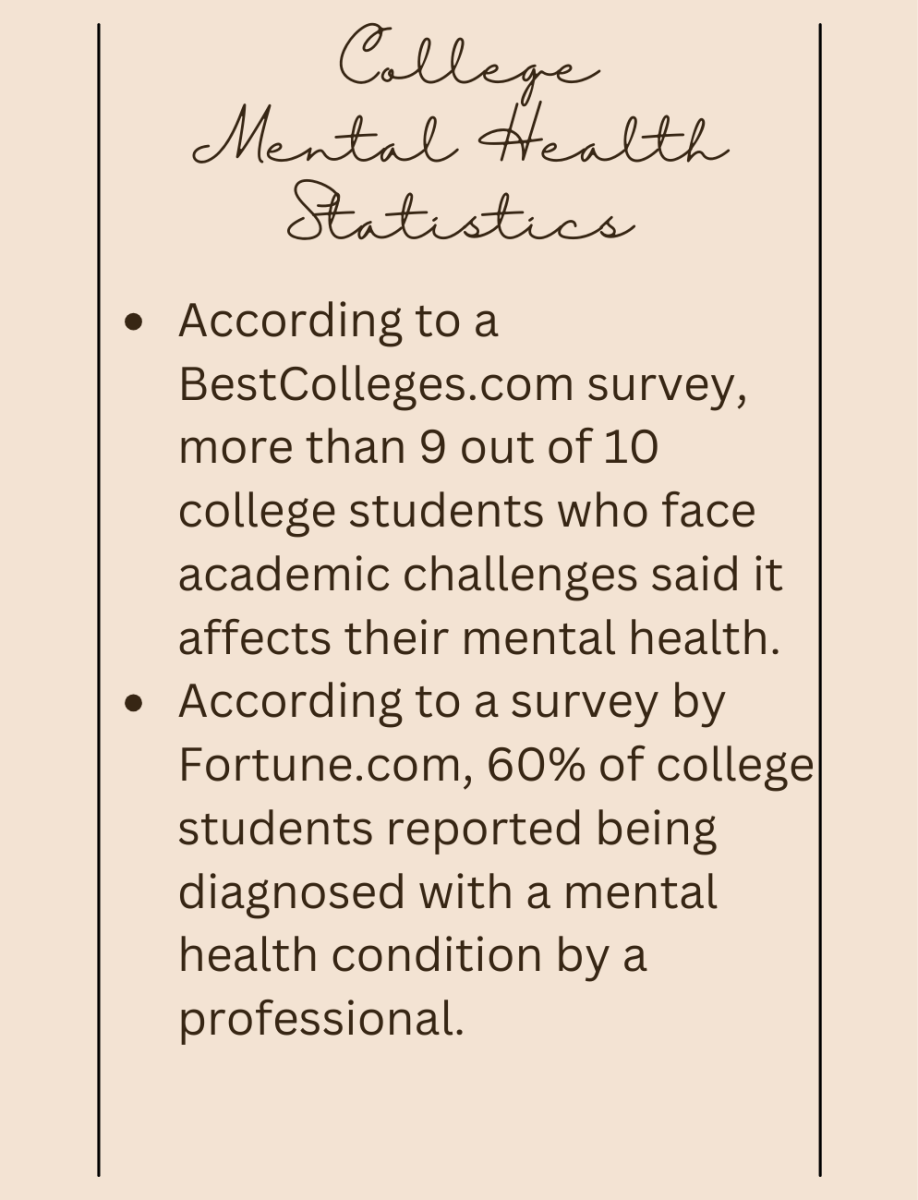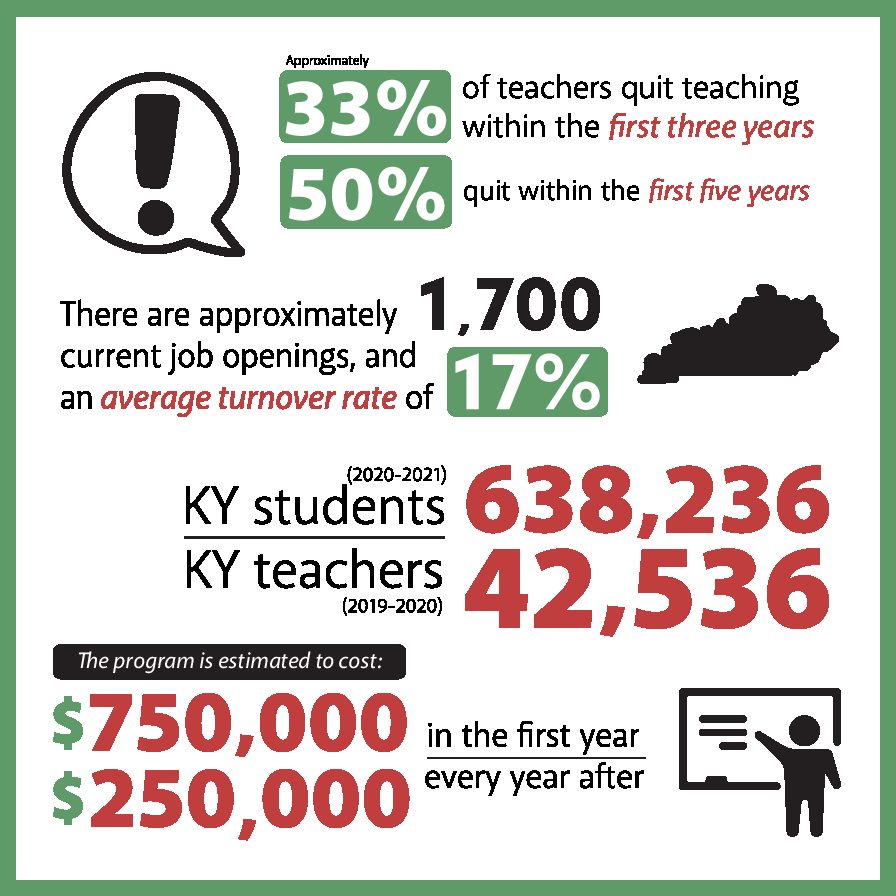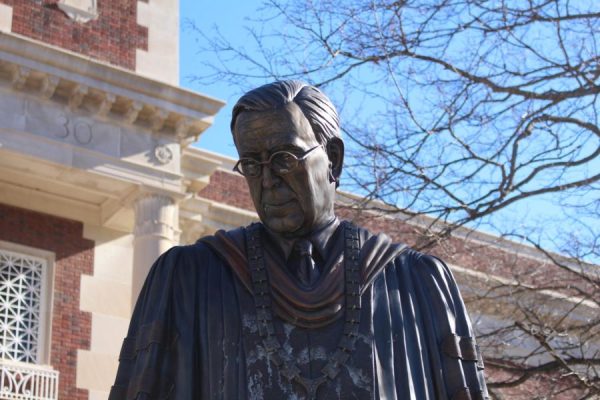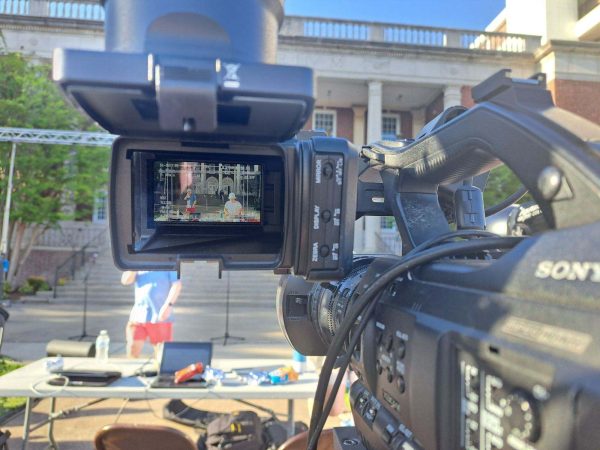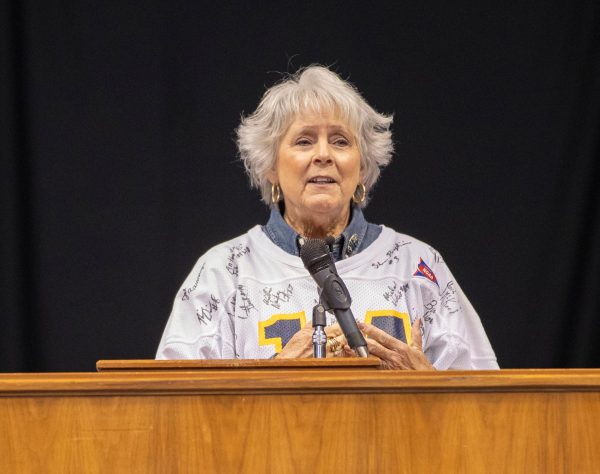House bill addresses teacher shortages
Representatives work to address teacher shortages through a new bill (Shann Riley, The News Kentucky).
March 9, 2023
As an effort to address the teaching shortage in Kentucky, lawmakers have introduced another bill aimed at attracting individuals to teach while working to improve the field for future educators.
House Bill 319, sponsored by Rep. James Tipton, R-Taylorsville, contains a list of solutions aimed at reducing the shortage in the state.
The Kentucky Department of Education reports approximately 1,700 job openings, with an average turnover rate of 17%.
These measures are being marketed as low-cost solutions in a non-budget year, according to KET.
Tipton said this bill would make it easier for individuals going into the teaching field to stay in the field.
This bill includes signing Kentucky onto a multistate compact, which will make it easier for out-of-state teachers to earn a license to teach in Kentucky.
The compact requires 10 states to sign on before it goes into effect, according to WKMS.
Dean of the College of Education and Human Services Dave Whaley said current regulations make it difficult for teachers to move across state lines to teach.
“Every state has its own ability to regulate education, so that’s why when they talk about interstate mobility of a teacher who’s endorsed, licensed or certified,” Whaley said. “You’re really crossing a boundary where that other state has its own set of regulations.”
Whaley said this compact will remove some of the red tape when it comes to teaching in another state.
“What this bill is doing is it’s trying to lower the boundaries or narrow the gap between one state’s regulations and another state’s regulations, which is a good thing, I think, but every state still has the right to have its own regulations and certifications,” Whaley said.
This bill would allow any classified staff, such as teachers aides, to teach uncertified and unsupervised in a classroom for the next three years.
Individuals will teach classes without going through a teacher preparation program. However, classified staff members are required to go through a background check and meet the school district’s requirements.
Teachers will be asked to complete exit interviews under this bill, which will be used by the Kentucky Department of Education for research purposes.
Whaley said these interviews will help the teacher shortage in the long run.
“When a teacher is ready to leave the profession, there would be an exit interview for that teacher, so what went right, what did not go well, listening to that individual, compiling that individual’s results and then better informing teacher preparation programs about things that are causing teachers to leave the teaching profession,” Whaley said. “If we had a list of things that were getting in the way of teachers being successful, I think it could be helpful.”
While some individuals are leaving the teaching profession, Tipton said in a press release another factor to the shortage is a decline in individuals wanting to pursue a career in education.
“While some controversy exists over the actual number of open positions, there’s no denying that we need to do more to attract individuals to our classrooms,” Tipton said. “HB 319 includes some common sense steps, targeting unnecessary and outdated regulatory requirements, streamlining the process for job searches and expanding eligibility and scholarship awards through the Teacher Scholarship Program.”

Whaley said the College of Education and Human Services recruits students throughout the state.
“I happen to sit on the board for the Western Kentucky Education Co Op, and the board is made up of superintendents from all of the school districts within our 18-county region,” Whaley said. “I give a report at all of their meetings about what we’re doing at Murray State University, and they tell me about how our students are doing, so I can then tell the faculty here what we’re doing right, what we need, areas that we perhaps need to enhance.”
This bill also calls for the expansion of the GoTeachKy program to all school districts. This program recruits high school students to become teachers, according to the GoTeachKy.com.
It aims to create another alternative certification program. This proposed program would provide a one-year interim teaching certificate for individuals with a bachelor’s degree, in addition to four years of experience in the area in which certification is sought.
Whaley said this is a good resource for addressing the teacher shortage.
“It provides for greater communication between states around teacher preparation,” Whaley said. “It provides school districts with the opportunity of taking some of the best classified staff members they had and putting them into classes so they can teach unsupervised, which only two certified teachers can do now, and it provides opportunities for students that come through that meet these qualifications to be ready to take on a teaching position immediately.”
This measure would cost Kentucky approximately $750,000 in its first year and $250,000 every year after, according to WKMS.
HB 319 is currently up for consideration with the House Standing Committee on Appropriations and Revenue.



